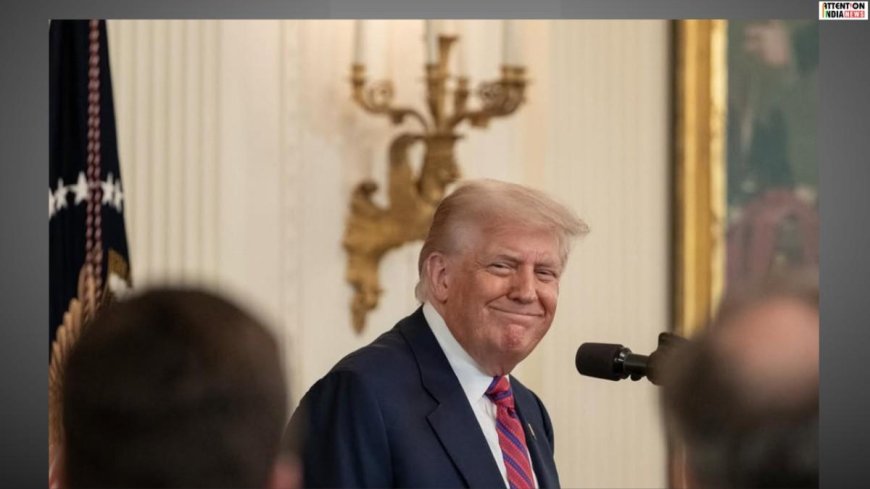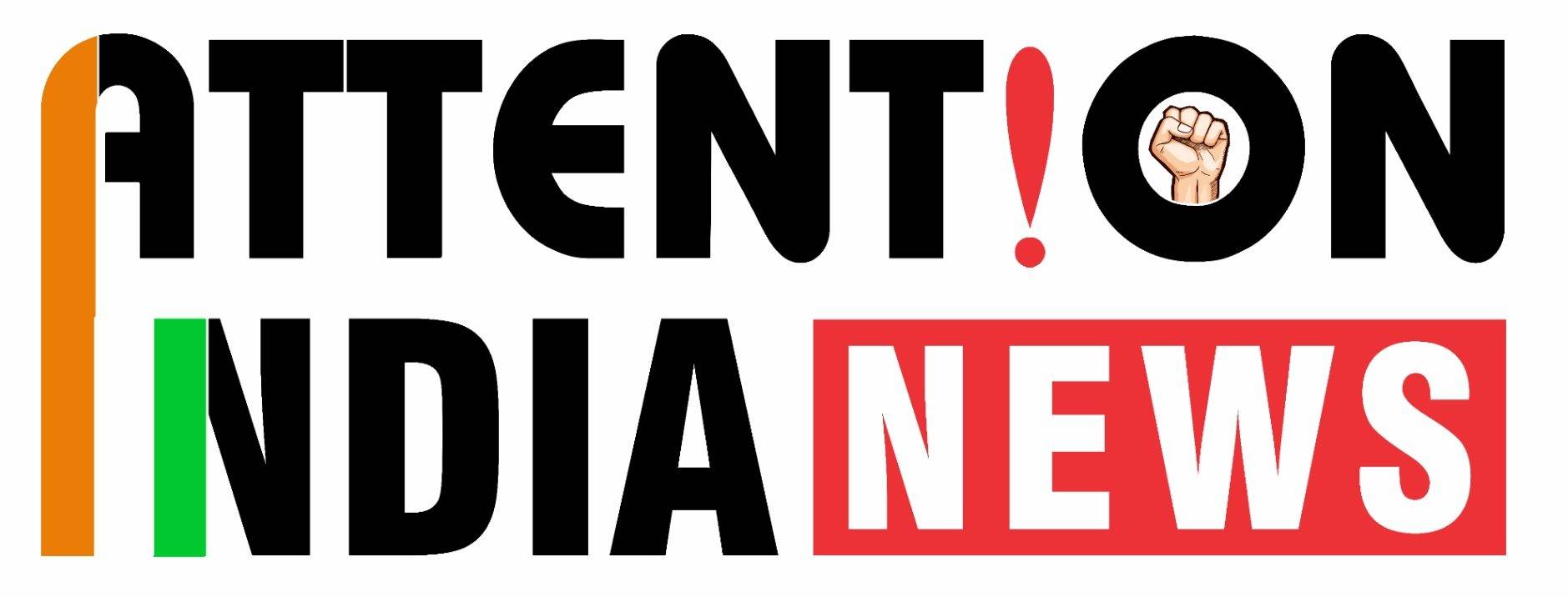“I may do it, I may not do it” says President Donald Trump on decision of attacking on Iran
President Trump has maintained strategic uncertainty by refusing to confirm or reject possible US military action against Iran amid the growing crisis between Israel and Iran.

New Delhi (India) June 19: Donald Trump has responded to Iran's Supreme Leader Ayatollah Ali Khamenei's warning that the United States and its President will "suffer irreparable harm" if they interfere in the Iran-Israel conflict by threatening to destroy Iran.
Trump discussed if the US will support Israel's military campaign against Iran in order to prevent Tehran from developing a nuclear weapon at a press conference held from the south lawn of the White House.The US president stated, "I may do it, I may not do it - nobody knows what I'm going to do," leaving both possibilities open.
Trump said that in an attempt to stop Israel's airstrikes, Iran had even proposed sending representatives to the White House for discussions on Tehran's nuclear program, but that this was "very late."
He said, “I said it’s very late to be talking. We may meet. There’s a big difference between now and a week ago, right? Big difference. They’ve suggested that they come to the White House. That’s, you know, courageous, but it’s, like, not easy for them to do.”
Iran's supreme leader Khamenei had said that the country "will never surrender" just hours before. Trump's demand for an "unconditional surrender" from Tehran's government pushed him to act.
Khamenei said, "The US President threatens us. With his absurd rhetoric, he demands that the Iranian people surrender to him. They should make threats against those who are afraid of being threatened. The Iranian nation isn't frightened by such threats."
Defence Secretary Pete Hegseth did not specify if the military was preparing to support Israeli operations, but he did tell senators on Wednesday that the Pentagon was giving President Trump choices to consider as he makes decisions about Iran.
Israel's strike on June 13 was referred to as a "unilateral action" by the Trump administration. However, the president has indicated that he was aware of the strike beforehand and supported Israel's military operation.
Trump initially distanced the United States from the Israeli attack but his latest remarks and growing military presence in the area raise the possibility that Washington is preparing for a more involved role or is using the threat of a deeper involvement as leverage.
Israel claims to be in close communication with the US over the conflict's progress. The G7 countries and both allies agree that Iran cannot ever have a nuclear weapon.
The Israeli military announced Thursday morning that Iranian missiles had struck many targets in Israel, including the country's largest hospital in the south, only hours after it launched a fresh round of attacks against targets in Iran, including a nuclear complex.
The city of Beersheba's Soroka Medical Centre reported extensive damage and urged people not to visit the premises. According to the Israeli military, this is the first Israeli hospital to be directly targeted since the conflict started on Friday.
Aadrika Tayal

 Aadrika Tayal
Aadrika Tayal 





